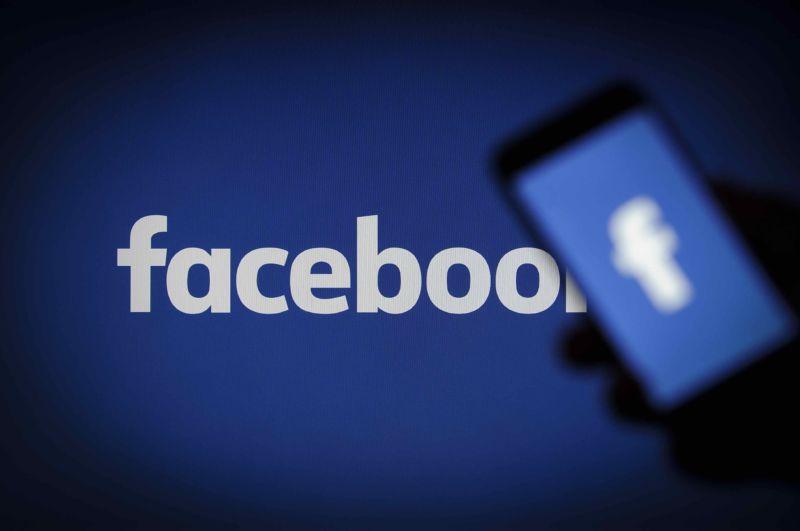
But the precise legal arguments that the government made, and that the judge ultimately rejected, are still sealed.
On Wednesday, the American Civil Liberties Union formally asked the judge to unseal court dockets and related rulings associated with this ongoing case involving alleged MS-13 gang members. ACLU lawyers argue that such a little-charted area of the law must be made public so that tech companies and the public can fully know what's going on.
This element of the case began in August 2018, when an FBI special agent told the court in an affidavit that "there is no practical method available by which law enforcement can monitor these calls" between suspected MS-13 gangsters. Authorities already had traditional wiretaps and were able to intercept written messages between the defendants, who are now in custody.
While traditional telecom companies must give access to police under a 1990s-era law known as CALEA, Internet-based calls are exempt, despite the government's previous efforts to change the law. Prosecutors seemingly argued that Facebook nevertheless had to comply with the government’s request. The judge reportedly denied the government's efforts during an August 14, 2018 hearing.
In their new filing, ACLU lawyers pointed out that "neither the government’s legal arguments nor the judge’s legal basis for rejecting the government motion has ever been made public."
The attorneys continued, citing a "strong public interest in knowing which law has been interpreted" and referencing an op-ed published on Ars on October 2 as an example.The ACLU argued that the case is reminiscent of the so-called "FBI v. Apple" legal showdown—whose docket and related filings were public—where the government made novel arguments in an attempt to crack the encryption on a seized iPhone. Those legal questions were never resolved, as the government said the day before a scheduled hearing that it had found a company to assist in its efforts.
"Moreover, the sealing of the docket sheet in this case impermissibly prevents the public from knowing anything about the actions of both the judiciary and the executive in navigating a novel legal issue, which has the potential to reoccur in the future," the ACLU’s attorneys continued.
"The case involves the executive branch’s attempt to force a private corporation to break the encryption and other security mechanisms on a product relied upon by the public to have private conversations. The government is not just seeking information held by a third party; rather, it appears to be attempting to get this Court to force a communications platform to redesign its product to thwart efforts to secure communications between users."
The defendants in the case, United States v. Barrera-Palma et al, are set for a status conference before US District Judge Lawrence O'Neill on December 3.
reader comments
30